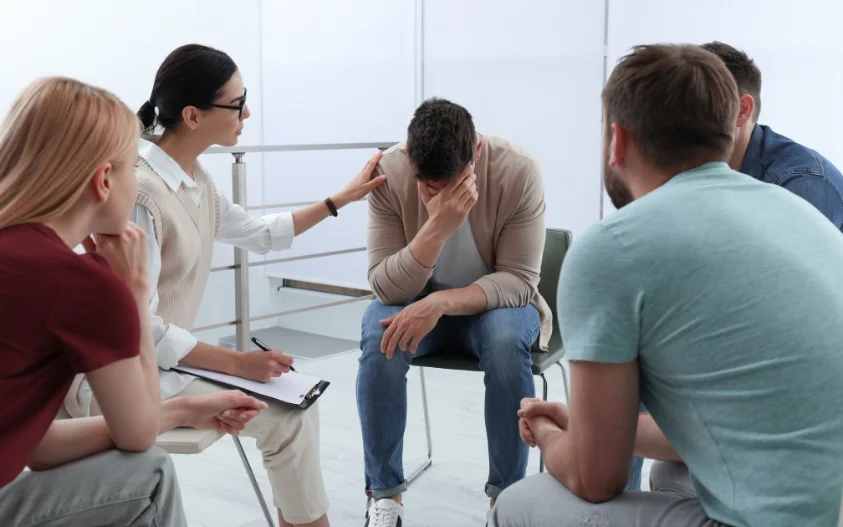24/7 Helpline:
(866) 899-221924/7 Helpline:
(866) 899-2219
The historical roots of depression treatment rehab centers in Morgan trace back several decades, when awareness of mental health began to rise and more people sought professional help. Their impact is evident in the lives transformed, arming individuals with coping strategies and tools to maintain functioning in everyday life. Not only have these facilities contributed to individual recovery, but they have also played a substantial role in increasing conversation around mental health and reducing the stigma associated with seeking help. It is not merely a refuge but a pillar for community support, offering resources and programs essential for recovery. Those in need are encouraged to explore the diverse options available, discover the tailored strategies that can aid in achieving mental wellness, and learn how the Depression Treatment rehab centers in Morgan can offer guidance through their journey of healing.
Learn more about Depression Treatment centers in Morgan County

Other Insurance Options

CareFirst

Premera

Sliding scale payment assistance

Coventry Health Care

Amerigroup

Horizon Healthcare Service

Sutter

Kaiser Permanente

American Behavioral

Aetna

Self-pay options

AllWell

Optima

UMR

Ceridian

Cigna

Evernorth

Anthem

Private insurance

WellCare Health Plans

Eastridge Health Systems
Eastridge Health Systems is a private rehab located in Berkeley Springs, West Virginia. Eastridge He...













